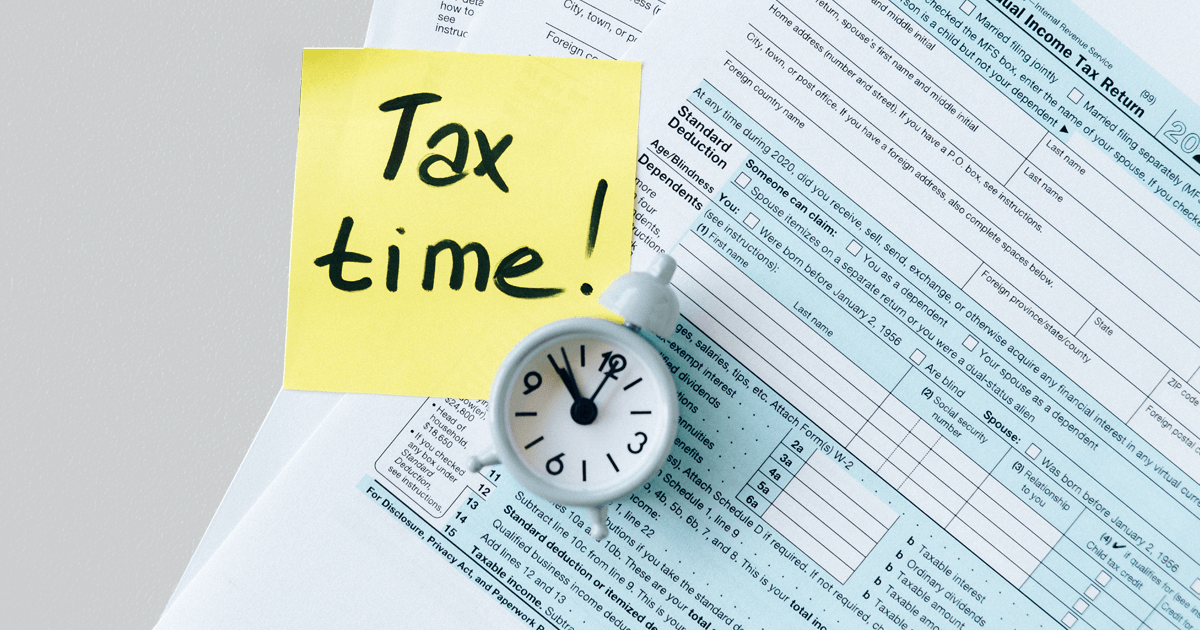When it comes to budgeting and debt, many people experience stress and anxiety. But for those with ADHD, the struggle can be especially difficult. ADHD, or Attention Deficit Hyperactivity Disorder, is a neurodevelopmental disorder that affects a person’s ability to focus, organize, and manage tasks. These symptoms can make managing finances and debt incredibly challenging. However we can help!
One of the biggest struggles for those with ADHD is impulsivity. People with ADHD often have difficulty delaying gratification, which can lead to impulsive spending and overspending. This can result in accumulating debt and financial hardship. Additionally, people with ADHD may struggle with keeping track of their spending, bills, and other financial obligations. They may forget to pay bills on time or overlook important financial information.
Another challenge for those with ADHD is the ability to plan and budget effectively. People with ADHD often struggle with organization and time management, which can make it difficult to create a budget and stick to it. They may also have difficulty planning for the future, which can lead to overspending and debt.
For those with ADHD, managing finances and debt requires a unique approach.
Tips to Help You with Budgeting and ADHD
Create a routine:
Establishing a routine can help people with ADHD stay organized and focused. Set aside specific times each week to review your finances, pay bills, and check your accounts.
Use technology:
There are many apps and tools available that can help you manage your finances. Use budgeting apps, automatic bill pay, and alerts to help you stay on track.
Seek help:
If you’re struggling with debt, don’t be afraid to seek help. Talk to a financial mentor who can help you create a plan to pay off your debts and manage your finances more effectively
Set goals:
Setting goals can help motivate you to manage your finances more effectively. Create short-term and long-term goals, such as paying off a credit card or saving for a vacation.
Use a cash-only system:
For people with ADHD, it can be easy to lose track of spending when using credit cards or online payment methods. To combat this, try using a cash-only system for a period of time. Withdraw a set amount of cash each week and use it for all your expenses. This can help you stay more aware of your spending and avoid overspending
Set up automatic savings:
Saving money can be difficult for anyone, but it can be especially challenging for those with ADHD. Setting up automatic savings can make the process easier. Set up a recurring transfer from your checking account to your savings account on a regular basis. This can help you build up savings without having to actively think about it
Use a visual budgeting system:
Traditional budgeting methods can be overwhelming and difficult for people with ADHD to follow. Instead, try using a visual budgeting system. Use a whiteboard, chalkboard, or bulletin board to create a visual representation of your budget. This can help you stay focused and motivated while also keeping your finances organized.
Break down tasks into smaller steps:
People with ADHD often struggle with getting started on tasks, which can make managing finances feel overwhelming. Break down financial tasks into smaller steps, such as reviewing bills or creating a budget. This can make the tasks feel more manageable and help you stay focused
Incorporate movement into financial tasks:
For some people with ADHD, incorporating movement into tasks can help improve focus and concentration. Try pacing while reviewing bills or taking a walk while listening to financial podcasts. This can help you stay engaged and focused while managing your finances.
Use a reward system:
For some people with ADHD, using a reward system can be an effective way to stay motivated. Set a financial goal, such as paying off a credit card or saving for a trip, and reward yourself when you achieve it. This can help you stay focused and motivated while also improving your finances.
These tips may not work for everyone, but they can be a great starting point for people with ADHD who are struggling to manage their finances. Remember that managing finances is a process and it may take time to find what works best for you. Be patient and persistent, and you can achieve financial stability.
If budgeting alone isn’t enough to help you get your finances back on track, reach out to us for a free consultation.

















